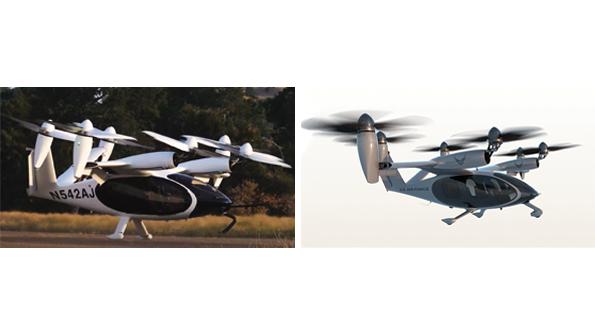
Credit: Joby
In the run-up to taking the company public, California--based electric air taxi developer Joby has marked a series of key test and program milestones including a 150-mi. flight on a single charge, comparative noise tests against other aircraft and applying for air carrier certification. The long...
Subscription Required
This content requires a subscription to one of the Aviation Week Intelligence Network (AWIN) bundles.
Schedule a demo today to find out how you can access this content and similar content related to your area of the global aviation industry.
Already an AWIN subscriber? Login
Did you know? Aviation Week has won top honors multiple times in the Jesse H. Neal National Business Journalism Awards, the business-to-business media equivalent of the Pulitzer Prizes.

